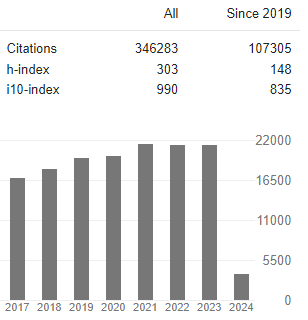The calculation of the allowable diametrical inaccuracy of the cycloidal driving bores in a cycloidal drive with a given profile error and transmission ratio fluctuation
Abstract
Attila Csobán
Cycloidal drives are getting more and more widespread due to their beneficial properties. The greatest advantage of these transmissions compared to other general-purpose industrial transmissions, but even compared to the more widespread types of planetary gears, is their ability to operate with large transmission ratios and good efficiency under larger performance density. However, high manufacturing accuracy is essential in order to ensure the steady operation of the transmission from a dynamic perspective. A smaller amount of play and the minimal fluctuation of transmission ratios, which fundamentally define the kinematic properties of these high precision premium transmissions, can only be achieved by increasing the manufacturing accuracy, decreasing the magnitude of manufacturing errors and limiting the tolerance field.
The current research, in line with the findings of multiple parametric studies and as part of an ongoing development project, has focused on finding the allowable manufacturing accuracy of transmissions that are primarily manufactured by small scale or by one-off production, because in case of such developments the right pricing is a huge risk with respect to marketability, which is essentially defined by the required manufacturing accuracy. The current research discusses the effect of the cycloidal driving bores diametrical inaccuracy in a cycloidal disc, that was manufactured with wire electrical discharge machining and contains profile defects, on the fluctuation of the transmission ratio and on the transmission play.



